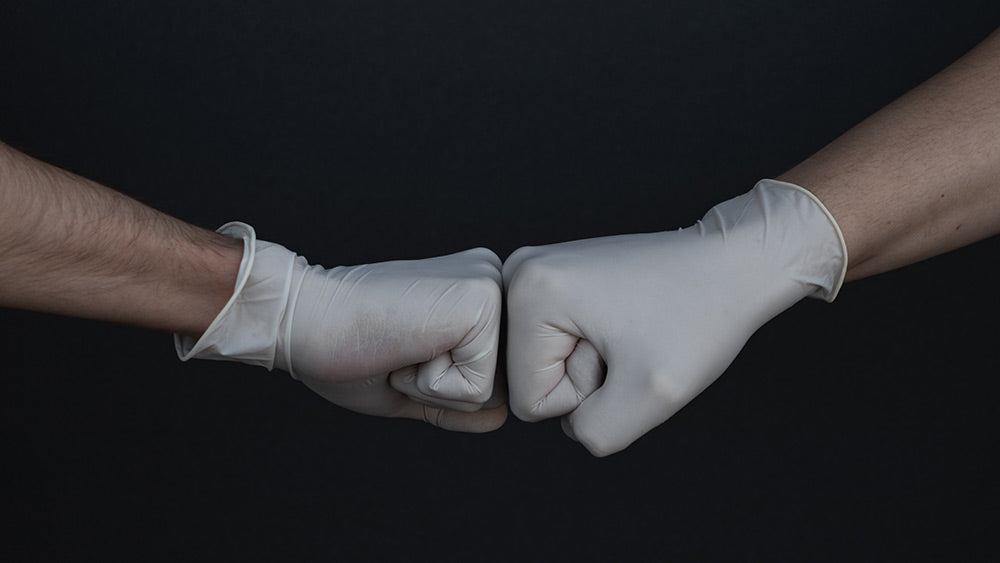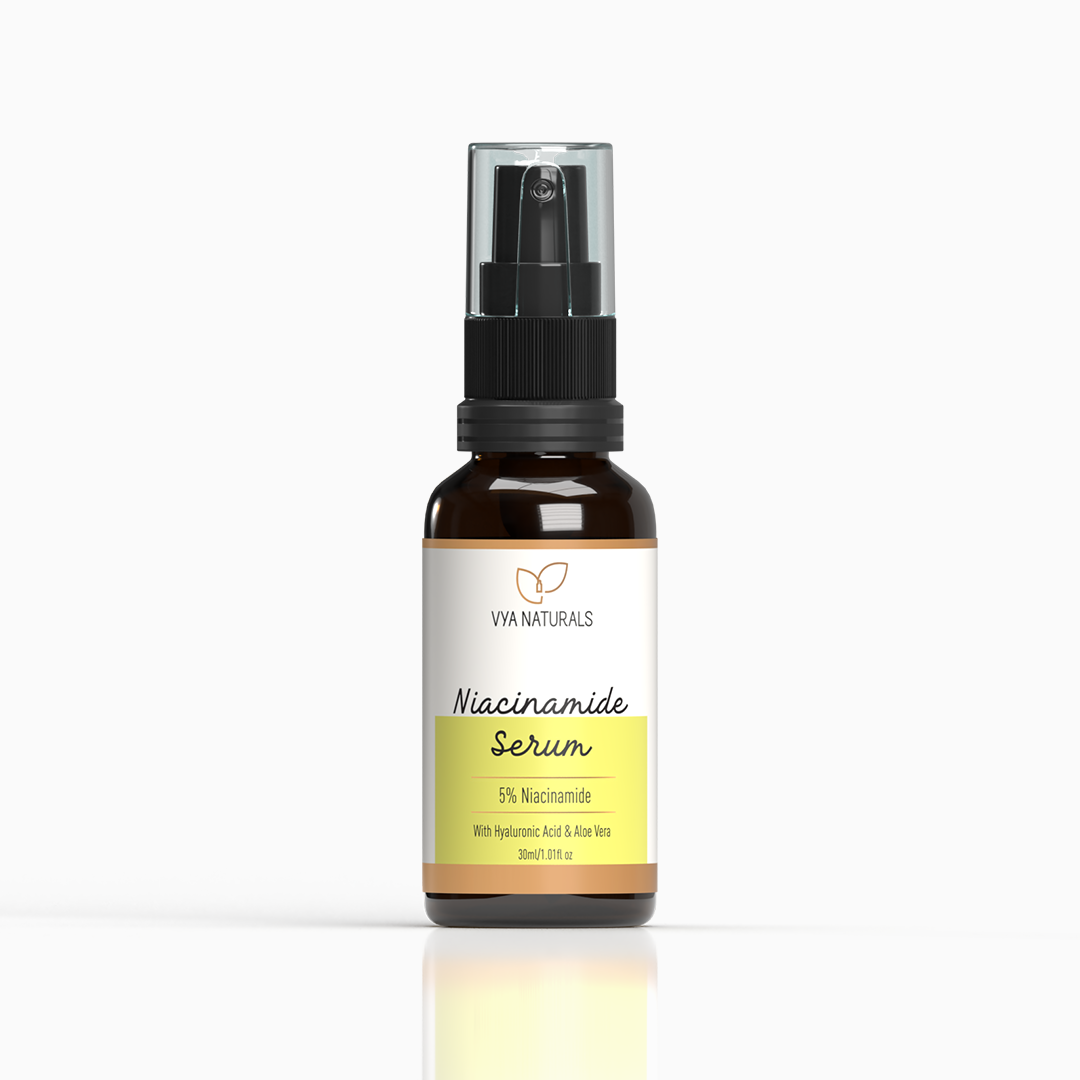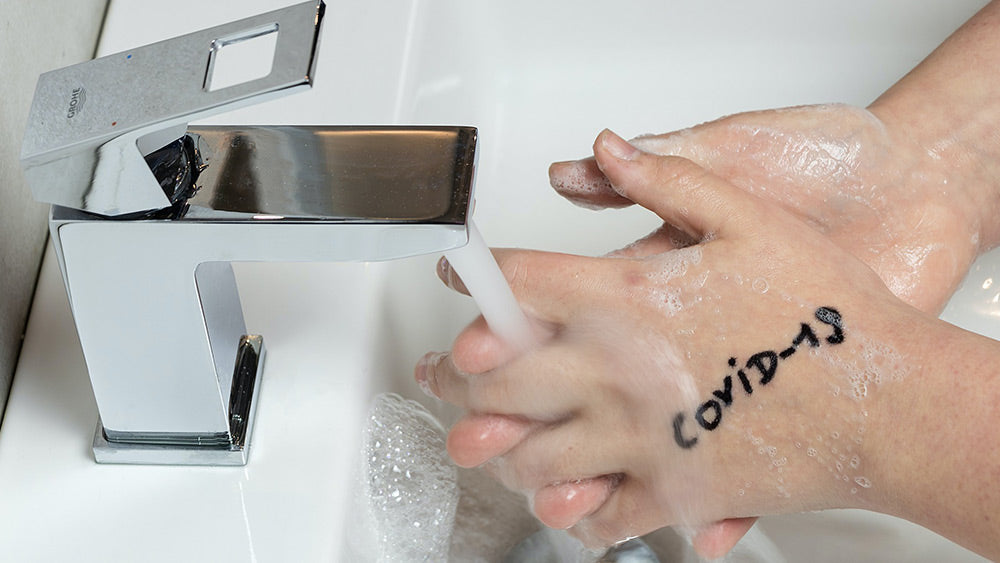Before we get started, it is important to understand how do we define sensitive skin and what measures can be taken to take care of it.
WHAT IS SENSITIVE SKIN?
Sensitive skin is a condition where skin is easily irritated. It involves sensations like stinging, itching, burning, rash, pain, redness, inflammation etc. often stimulated by an external agent.

HOW TO TAKE CARE OF SENSITIVE SKIN?
Cleansing and moisturizing are two essential techniques to manage sensitive skin. Cleansers, Moisturizers and lotions with gentle formulations can help without irritating the skin. Some ingredients may work better, depending on the type of sensitivity.
Another thing to consider while choosing products for sensitive skin is - skin barrier. Ingredients that help repair and maintain the lipid barrier should be a must have on the list.
If proper care is not taken, sensitive skin can lead to skin conditions like acne, psoriasis, eczema, dermatitis etc.
IS SENSITIVE SKIN GENETIC?
Yes, recent studies carried out by P&G & 23&Me published that there is indeed a genetic association for skin sensitivity. The research moreover suggests that proper management of sensitive skin is important.
However, there are instances of acquired skin sensitivity due to occupational hazards like exposure to complex mixtures, excessive hand washing, use of hand sanitizers, high frequency of wet work, and environmental or other factors which may enhance penetration and stimulate other biological responses causing skin sensitivity.
WHAT ARE THE LONG TERM EFFECTS OF HAND SANITIZER USE?

Let's talk about the long term effects of using Hand Wash, Soap, Detergents and Hand Sanitizers With Alcohol.
Human skin is naturally protected by pH control, hydration and fat content in the outermost layer. Any agents that affect these key factors can have a damaging effect on the skin.
Alkaline Soaps remove the good bacteria and dehydrates the skin by dissolving fats thus leading to dry skin over time. Similarly alcohol alters the skin microbiome (useful microflora on the skin which helps protect it) and the epidermal structure thus making it viable for infections and dry skin problems. Aggressive surfactants allow easy entry of bacteria & viruses through the skin.
This further disrupts the skin barrier and causes inflammation, eventually resulting in contact dermatitis.
HOW TO PROTECT SKIN FROM THE SIDE EFFECTS OF OVER WASHING?
People with dry sensitive skin or dehydrated skin should follow below steps to safeguard the skin.
Tip #1: Use gentle, hydrating soaps
Commercial soaps and hand wash usually contain fragrances, colors and other chemicals which can cause allergic dermatitis, so go for gentle, fragrance free soaps or hand wash. We would recommend handmade, fragrance free soaps which are less irritating and more hydrating than commercial soaps.
Tip #2: Dry your hands after every wash
After each wash, remember to dry your hands thoroughly. As trapped water or excessive moisture can cause skin irritation or dermatitis, make sure to dry the entire surface including the webs of your fingers and under your rings.
Tip #3: Use fragrance free moisturizer or creams regularly
Use a fragrance free moisturizer regularly after the use of hand hygiene products. Vya Naturals moisturizer with multi peptides is a good skin friendly product to apply.
Tip #4: Protect the skin barrier (the stratum corneum)
Changes in the skin pH play a role in the skin conditions like contact dermatitis, acne etc, which can lead to weakened skin barrier.
The top layer in the skin helps to keep the skin hydrated and protected. Vitamin B3 aka Niacinamide will increase your ceramide levels and help your skin to protect itself. This, in turn, will help improve your skin’s barrier, keep it strong and help your skin stay hydrated. We recommend mixing Vya Naturals Niacinamide Serum with your moisturizer and applying on the hands.
Tip #5: Cover your hands

Wear gloves when doing work that includes washing the dishes, clothes or cleaning. Gloves help protect the hands and minimize the need to wash or sanitize them.
If your hands feel very dry and flaky, moisturize your hands, then cover them with either cotton gloves or cotton socks. This will provide an intense hydration mask and ensure the moisturizer stays on your hands and works its magic for very dry skin.
WHY IS MY SKIN STILL RED EVEN AFTER A PATCH TEST?
Patch test is done to determine how allergic you are towards a particular skin application product. The redness can happen typically if there is an excessive use of soap or a sanitizer as well. It usually goes away when the use of these products is minimized.
I would like to summarize by saying that some people are simply more sensitive to products that come into contact with their skin than others.
Avoiding harsh chemicals, fragrance, colors, and other ingredients that may trigger irritation in skin care products can help ease symptoms. If your symptoms are persistent or get worse, you should consult a Doctor. Your doctor can also test the skin for any underlying condition or allergy. Once you know the cause of the symptoms you can get the right treatment.
Disclaimer: Views expressed in the blog are for information purposes and have been collated through information available in public domain. Reproduction of the same without the permission of the author is not permitted.


